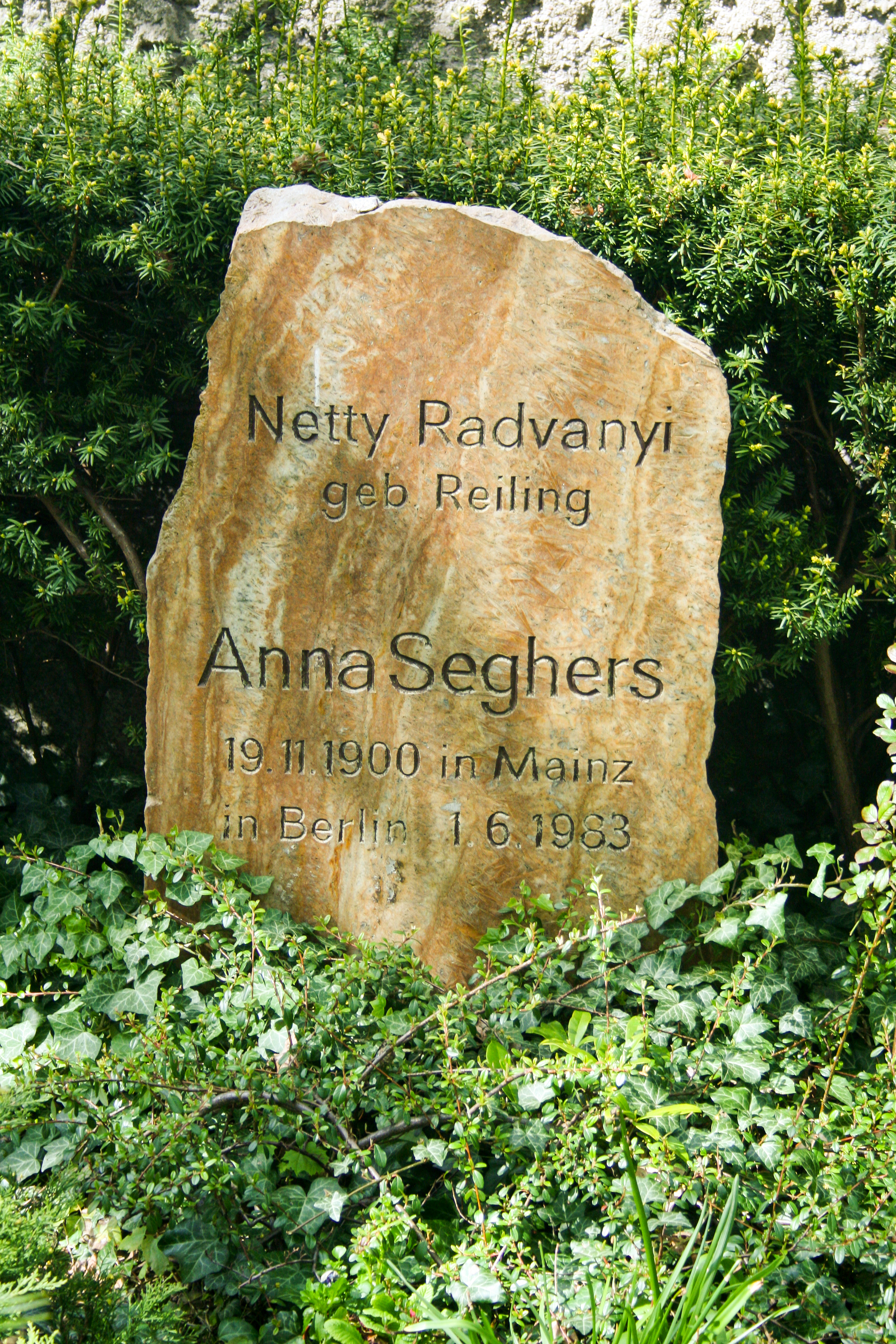|
Arbeiter-Illustrierte-Zeitung
''Arbeiter-Illustrierte-Zeitung'' or ''AIZ'' (in English, ''The Workers Pictorial Newspaper'') was a German illustrated magazine published between 1924 and March 1933 in Berlin, and afterward in Prague and finally Paris until 1938. Anti-Fascism and pro-Communism in stance, it was published by Willi Münzenberg and is best remembered for the propagandistic photomontages of John Heartfield. History of the ''AIZ'' The history of the ''AIZ'' began with a famine in the Soviet Union and Lenin's appeal of August 2, 1921, to the working class for assistance. As a support organization for this campaign, Workers International Relief (''Internationale Arbeiter-Hilfe'' (IAH)) was formed, based in Berlin and led by William (Willi) Münzenberg. In the autumn of 1921 a monthly German magazine was created, ''Sowjet Russland im Bild'' (Soviet Russia in Pictures), with reports about the recently created Russian Soviet state, its achievements and problems, and about the IAH. In 1922 the first repo ... [...More Info...] [...Related Items...] OR: [Wikipedia] [Google] [Baidu] |
John Heartfield
John Heartfield (born Helmut Herzfeld; 19 June 1891 – 26 April 1968) was a 20th century German visual artist who pioneered the use of art as a political weapon. Some of his most famous photomontages were anti-Nazi and anti-fascist statements. Heartfield also created book jackets for book authors, such as Upton Sinclair, as well as stage sets for contemporary playwrights, such as Bertolt Brecht and Erwin Piscator. Biography Early life, education and work John Heartfield was born Helmut Herzfeld on 19 June 1891 in Berlin-Schmargendorf, Berlin under the German Empire. His father was Franz Herzfeld, a socialist writer, and his mother was Alice (née Stolzenburg), a textile worker and political activist. In 1899, Helmut, his brother Wieland, and sisters, Lotte and Hertha, were abandoned in the woods by their parents after Franz Herzfeld, was accused of blasphemy. His family had to flee to Switzerland. Later, they were deported to Austria. When their parents disappeared in 1899 ... [...More Info...] [...Related Items...] OR: [Wikipedia] [Google] [Baidu] |
Neue Berliner Illustrierte
''Neue Berliner Illustrierte'' (German: ''New Berlin Illustrated''; abbreviated as ''NBI'') was a weekly illustrated magazine which existed between 1945 and 1991. It was published in East Germany and then in Germany following the German reunification. Its title was a reference to ''Berliner Illustrirte Zeitung'' which was an influential German publication at the beginning of the 20th century. History and profile ''Neue Berliner Illustrierte'' was first published in Berlin in October 1945. It was modeled on ''Arbeiter-Illustrierte-Zeitung''. Shortly after its start it began to enjoy higher levels of circulation in East Germany. The magazine came out weekly and covered various topics, including politics, health-related issues, movies, novels and picture stories designed for children. Another topic covered was the reasons of divorce in East Germany, technological advances in the communist countries and socialist heroes. All these topics were accompanied by photographs and featured to ... [...More Info...] [...Related Items...] OR: [Wikipedia] [Google] [Baidu] |
Willi Münzenberg
Wilhelm "Willi" Münzenberg (14 August 1889, Erfurt, Germany – June 1940, Saint-Marcellin, France) was a German Communist political activist and publisher. Münzenberg was the first head of the Young Communist International in 1919–20 and established the famine-relief and propaganda organization Workers International Relief in 1921. He was a leading propagandist for the Communist Party of Germany (KPD) during the Weimar Era, but later grew disenchanted with the USSR due to Joseph Stalin's Great Purge of the 1930s. Condemned by Stalin to be purged and arrested for treason,Koch, Stephen, ''Double Lives: Stalin, Willi Münzenberg and the Seduction of the Intellectuals'', New York: Enigma Books (2004), Revised Edition, pp. 14, 20, 77, 90–91, 333, 362 Münzenberg left the KPD and in Paris became a leader of the German émigré anti-fascism and anti-Stalinist community until forced to flee the Nazi advance into France in 1940. Arrested and imprisoned by the Daladier government in ... [...More Info...] [...Related Items...] OR: [Wikipedia] [Google] [Baidu] |
Photojournalism
Photojournalism is journalism that uses images to tell a news story. It usually only refers to still images, but can also refer to video used in broadcast journalism. Photojournalism is distinguished from other close branches of photography (such as documentary photography, social documentary photography, war photography, street photography and celebrity photography) by having a rigid ethical framework which demands an honest but impartial approach that tells a story in strictly journalistic terms. Photojournalists contribute to the news media, and help communities connect with one other. They must be well-informed and knowledgeable, and are able to deliver news in a creative manner that is both informative and entertaining. Similar to a writer, a photojournalist is a journalist, reporter, but they must often make decisions instantly and carry camera, photographic equipment, often while exposed to significant obstacles, among them immediate physical danger, bad weather, large crow ... [...More Info...] [...Related Items...] OR: [Wikipedia] [Google] [Baidu] |
Anna Seghers
Anna Seghers (; born ''Anna Reiling,'' 19 November 1900 – 1 June 1983), is the pseudonym of a German writer notable for exploring and depicting the moral experience of the Second World War. Born into a Jewish family and married to a Hungarian Communist, Seghers escaped Nazi-controlled territory through wartime France. She was granted a visa and gained ship's passage to Mexico, where she lived in Mexico City (1941–47). She returned to Europe after the war, living in West Berlin (1947–50), which was occupied by Allied forces. She eventually settled in the German Democratic Republic, where she worked on cultural and peace issues. She received numerous awards and in 1967 was nominated for the Nobel Prize by the GDR. She died and was buried in Berlin in 1983. She is believed to have based her pseudonym, Anna Seghers, on the surname of the Dutch painter and printmaker Hercules Pieterszoon Seghers or Segers (c. 1589 – c. 1638). Life Seghers was born Anna Reiling in Mainz in ... [...More Info...] [...Related Items...] OR: [Wikipedia] [Google] [Baidu] |
Museo Reina Sofía
Museo may refer to: * Museo, 2018 Mexican drama heist film *Museo (Naples Metro) Museo is a station on line 1 of the Naples Metro. It was opened on 5 April 2001 as the eastern terminus of the section of the line between Vanvitelli and Museo. On 27 March 2002 the line was extended to Dante Dante Alighieri (; – 14 S ..., station on line 1 of the Naples Metro * Museo, Seville, neighborhood of Seville, Spain {{disambiguation ... [...More Info...] [...Related Items...] OR: [Wikipedia] [Google] [Baidu] |
Exile
Exile is primarily penal expulsion from one's native country, and secondarily expatriation or prolonged absence from one's homeland under either the compulsion of circumstance or the rigors of some high purpose. Usually persons and peoples suffer exile, but sometimes social entities like institutions (e.g. the papacy or a government) are forced from their homeland. In Roman law, ''exsilium'' denoted both voluntary exile and banishment as a capital punishment alternative to death. Deportation was forced exile, and entailed the lifelong loss of citizenship and property. Relegation was a milder form of deportation, which preserved the subject's citizenship and property. The term diaspora describes group exile, both voluntary and forced. "Government in exile" describes a government of a country that has relocated and argues its legitimacy from outside that country. Voluntary exile is often depicted as a form of protest by the person who claims it, to avoid persecution and prosecu ... [...More Info...] [...Related Items...] OR: [Wikipedia] [Google] [Baidu] |
Hitler
Adolf Hitler (; 20 April 188930 April 1945) was an Austrian-born German politician who was dictator of Germany from 1933 until his death in 1945. He rose to power as the leader of the Nazi Party, becoming the chancellor in 1933 and then taking the title of in 1934. During his dictatorship, he initiated World War II in Europe by invading Poland on 1 September 1939. He was closely involved in military operations throughout the war and was central to the perpetration of the Holocaust: the genocide of about six million Jews and millions of other victims. Hitler was born in Braunau am Inn in Austria-Hungary and was raised near Linz. He lived in Vienna later in the first decade of the 1900s and moved to Germany in 1913. He was decorated during his service in the German Army in World War I. In 1919, he joined the German Workers' Party (DAP), the precursor of the Nazi Party, and was appointed leader of the Nazi Party in 1921. In 1923, he attempted to seize governmental ... [...More Info...] [...Related Items...] OR: [Wikipedia] [Google] [Baidu] |
Capitalism
Capitalism is an economic system based on the private ownership of the means of production and their operation for Profit (economics), profit. Central characteristics of capitalism include capital accumulation, competitive markets, price system, private property, Property rights (economics), property rights recognition, voluntary exchange, and wage labor. In a market economy, decision-making and investments are determined by owners of wealth, property, or ability to maneuver capital or production ability in Capital market, capital and financial markets—whereas prices and the distribution of goods and services are mainly determined by competition in goods and services markets. Economists, historians, political economists and sociologists have adopted different perspectives in their analyses of capitalism and have recognized various forms of it in practice. These include ''Laissez-faire capitalism, laissez-faire'' or free-market capitalism, anarcho-capitalism, state capi ... [...More Info...] [...Related Items...] OR: [Wikipedia] [Google] [Baidu] |
Weimar Republic
The Weimar Republic (german: link=no, Weimarer Republik ), officially named the German Reich, was the government of Germany from 1918 to 1933, during which it was a constitutional federal republic for the first time in history; hence it is also referred to, and unofficially proclaimed itself, as the German Republic (german: Deutsche Republik, link=no, label=none). The state's informal name is derived from the city of Weimar, which hosted the constituent assembly that established its government. In English, the republic was usually simply called "Germany", with "Weimar Republic" (a term introduced by Adolf Hitler in 1929) not commonly used until the 1930s. Following the devastation of the First World War (1914–1918), Germany was exhausted and sued for peace in desperate circumstances. Awareness of imminent defeat sparked a revolution, the abdication of Kaiser Wilhelm II, formal surrender to the Allies, and the proclamation of the Weimar Republic on 9 November 1918. In its i ... [...More Info...] [...Related Items...] OR: [Wikipedia] [Google] [Baidu] |
National Socialism
Nazism ( ; german: Nazismus), the common name in English for National Socialism (german: Nationalsozialismus, ), is the far-right politics, far-right Totalitarianism, totalitarian political ideology and practices associated with Adolf Hitler and the Nazi Party (NSDAP) in Nazi Germany. During Hitler's rise to power in 1930s Europe, it was frequently referred to as Hitlerism (german: Hitlerfaschismus). The later related term "neo-Nazism" is applied to other far-right groups with similar ideas which formed after the Second World War. Nazism is a form of fascism, with disdain for liberal democracy and the parliamentary system. It incorporates a dictatorship, fervent antisemitism, anti-communism, scientific racism, and the use of eugenics into its creed. Its extreme nationalism originated in pan-Germanism and the ethno-nationalist ''Völkisch movement, Völkisch'' movement which had been a prominent aspect of German nationalism since the late 19th century, and it was strongly i ... [...More Info...] [...Related Items...] OR: [Wikipedia] [Google] [Baidu] |







